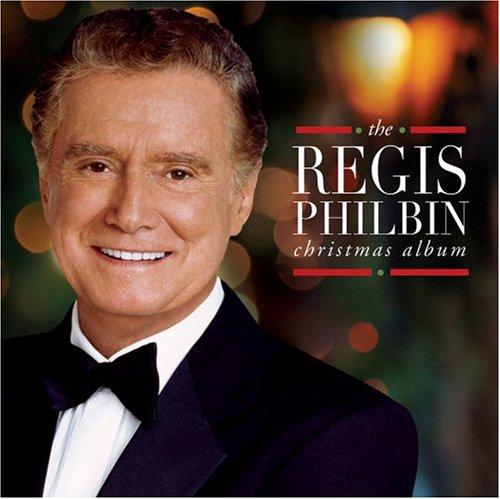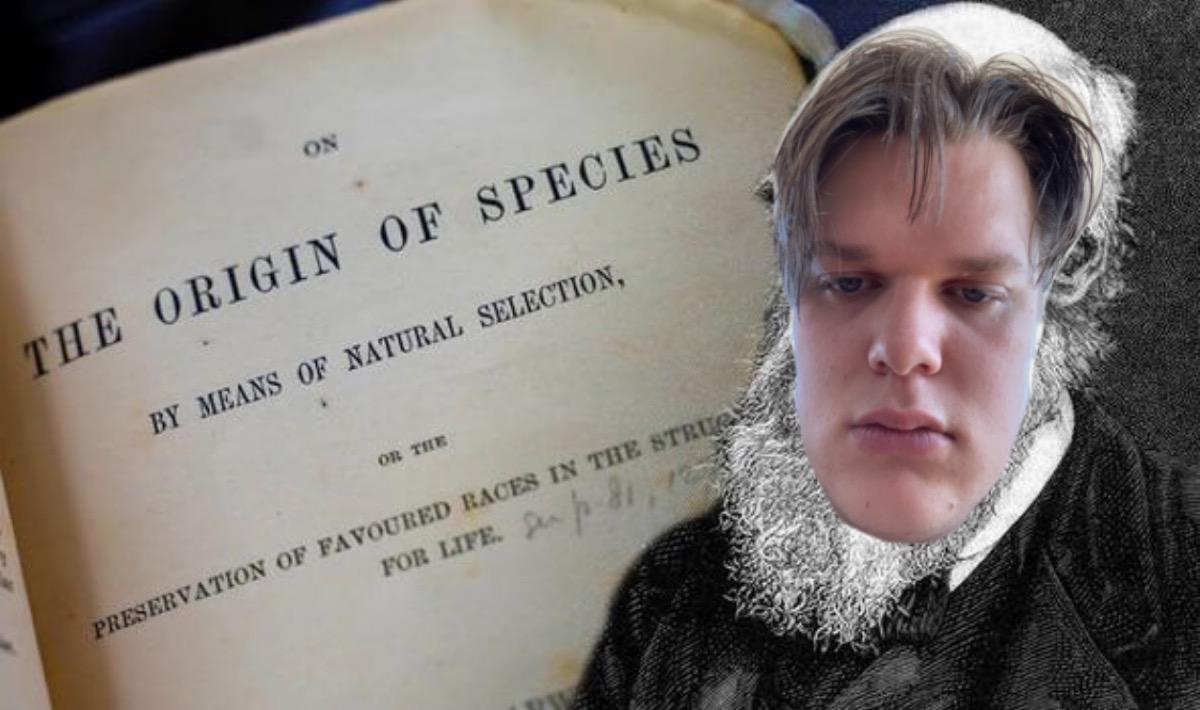Dear Spotify,
There comes a time when a real one must bear his soul. Maybe this level of vulnerability will bring solace to other real ones in the process. For even if one person finds their voice through this, it will have been worth the effort. So this goes out to all the real ones:
A couple months ago I was having lunch at an uncontroversial chicken spot with a friend of mine. As we started discussing the music we’d recently been listeni
ng to, she brought up the fact that I’d been listening to select cuts from the High School Musical soundtrack. Tensions rose from my end, but I kept my cool enough to calmly explain that I had only been IRONICALLY playing cuts from the soundtrack for my Chinese roommate who was not able to fully grasp that moment in American History. We would then go on to IRONICALLY watch the film that night, but that’s beside the point. Although flustered by this exchange, I did not take it personally until I was accosted by another friend on that same day about the HSM soundtrack. It bothered me so much, That I have since lost communication with these two. I did not know who to blame for this experience. But like with many issues, the system at large is usually at fault and must be changed for the betterment of all. The system here is our social media culture and its effect on privacy.

It seems paradoxical that in this age of and constant sharing, one of our core values as a society is privacy. But it makes more sense when paired with the concept of control. We want control over our privacy; we want to choose what to share, when to share and with whom to share. For this reason, privacy settings are the bedrock of a person’s image management. However, a certain first world problem arises from this fact: Most of us aren’t in tune with our privacy settings as we’d like to be. In many cases, we share more than we think we’re sharing. Most social media platforms have alleviated some of this distress, but Spotify has not done anything to quell my anxieties concerning the level of control I have over my privacy. In this way, I believe Spotify has failed both me and the world at large.
Ever since joining Spotify, I have been cautious of its social feature. As a matter of fact, when Spotify teamed up with Facebook, it would make posts about pretty much anything you were listening to. I’m happy to say that I never fell victim to this exploitation because when I sign up for anything, I immediately check the privacy settings first. Now, Spotify has evolved to a point where a Friend Activity pane is prominent on the interface. When I look at this pane, I can seemingly see what those I follow are listening to in real time. In addition, I can see which friends listen to certain artists on these artists’ pages. Of course this has its benefits. I draw much inspiration from seeing what other people are listening to, and I can usually judge an artist’s quality by the level of respect I have for those who listen to them. At this point, I would give an example of such an instance, but for fear of drawing unwarranted hate, I will keep my opinions of people that listen to Neutral Milk Hotel to myself.
The downside to the social aspect of Spotify
however is that at any given moment this same measure of scrutiny and judgement that I apply to others could also be applied to me. Of course, I understand the hypocritical nature of this statement, but I believe this to be a universal desire and the source of much social anxiety in my life as well as that of others. One would think that simply turning on the private session would solve the situation, but I believe that it is unreasonable to expect that I can remember to do this every time I listen to something out of character. It is also quite inconvenient to constantly turn this setting on and off because there is music I listen to that I do want others to see. Therefore, I believe there is only one thing Spotify can do to alleviate my anxiety and save my music contingent friendships. I have chosen to illustrate this solution with another story from my life.
Back in 2015, following the release of Future’s DS2, I was so enthralled by his music that I resolved to purchase a pair of Gucci Flip Flops. Needless to say, this was my first visit to the Gucci online store. I fell in a hole and began adding a number of accessories to my shopping bag, and impulsively spent an embarrassing amount of money. The following day, my bank called me saying that they had canceled my credit card due to suspicion of fraud caused by uncharacteristic purchases. I was a tad irritated at first, but the level of security I knew I had at the bank was comforting. There are people at banks and credit card companies who monitor your spending in order to prevent fraud, and Spotify needs something like that.
Spotify and other music streaming services need to actively monitor their subscribers’ music listening habits on a higher level and automatically go private when someone makes an uncharacteristic music choice. Say, for example, I accidentally play an odd artist or I listen to my current guilty pleasure song Bhad Bhabie’s “These Heaux”; Spotify will then know that I do not want this information in public and ask if I would like to switch to private session. I anticipate that this program will become so integrated with the listener that it will not even have to ask permission. It will just know. But this needs to extend into other areas of our life as well. Say I want to listen to Vic Mensa’s “U Mad” during a period when my girlfriend is trying to make me feel a way. Spotify should understand my life situation enough to not broadcast this.
This proposal raises an issue of privacy, but the world is headed in this direction anyway. People know how to market to you based on your internet activity, and google already reads our emails, so why not invest in something that will actually benefit us. In truth, we don’t really want control of our privacy. We just want to feel like we’re in control. As long as these programs give us that feeling I think we’ll be alright. But I’d honestly be willing to give up control for this kind of innovation.
Best,
LM
UOCK: An Open Letter To Spotify
September 20, 2017
Donate to KCOU
Your donation will support the student journalists of University of Missouri. Your contribution will allow us to purchase equipment and cover our annual website hosting costs.
More to Discover








